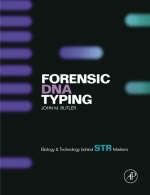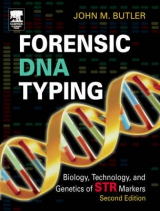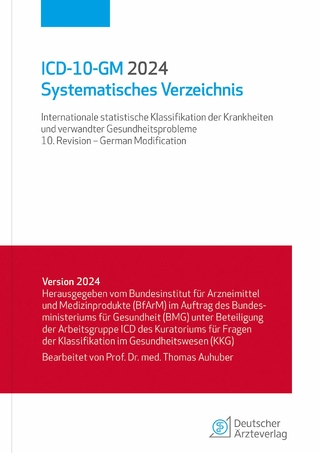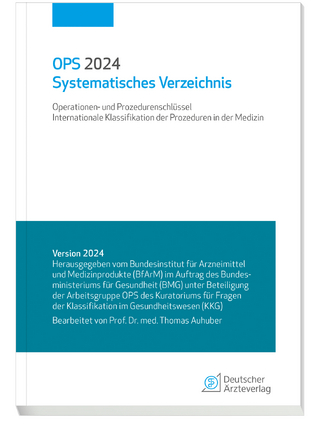
Forensic DNA Typing
Academic Press Inc (Verlag)
978-0-12-147951-0 (ISBN)
- Titel erscheint in neuer Auflage
- Artikel merken
Forensic DNA Typing focuses on the biology and technology behind short tandem repeat (STR) markers and the most common forensic DNA analysis method used today. This comprehensive handbook will help forensic scientists gain a better understanding of STRs and the procedures needed to properly analyze them, while helping professionals in the law enforcement and legal communities comprehend the complexities of DNA profiling. It will also help laboratories meet the training requirements in the new DNA Advisory Board Quality Assurance Standards. The first few chapters of Forensic DNA Typing provide a thorough introduction to the topic for readers who might be less familiar with DNA, while providing a useful review for more advanced readers. It goes on to cover new genetic markers and information on rapidly changing technologies to help professionals make accurate identifications through DNA typing. Detailed illustrations and examples are used throughout. The book concludes with reviews of the DNA testing performed in high-profile cases such as the O.J.
Simpson trial, the President Clinton-Monica Lewinsky affair, the Tomb of the Unknown Soldier, the Thomas Jefferson-Sally Hemings family controversy, and others. John Butler has been involved in the validation of the short tandem repeat markers that form the basis of the FBI's nationwide DNA database, CODIS, and in the development of new and innovative technologies. His talent for explaining complex information is apparent in the clear organization, illustrations, and straightforward language of this text. Forensic DNA Typing has already established itself as the standard reference in the field. Key Benefits: * Chapters cover the topic from introductory level right up to cutting edge research * Forensic scientists learn about the new methods and technologies required by STR typing * DNA laboratories find out how to meet the training requirements of the DNA Advisory Board Quality Assurance Standards (listed in Appendix III) * Lawyers and law enforcement professionals understand the science behind the techniques * All readers can use the information listed on suppliers of DNA analysis equipment, products and services
John Butler earned his Ph.D. from the University of Virginia while doing DNA research in the FBI Laboratory's Forensic Science Research Unit. He designed and built STRBase--an Internet-accessible database on short tandem repeat DNA markers that is widely used by forensic scientists today. He is a frequent author and presenter on the topic of DNA typing.
Foreword; Introduction; Acknowledgements; Overview and History of DNA Typing; Biology; DNA Biology Review; Sample Collection and Preparation (DNA Extraction and Quantification); The Polymerase Chain Reaction (DNA Amplification); Commonly Used Short Tandem Repeat Markers; Biology of STRs: Stutter Products, Non-Template Addition, Microvariants, Null Alleles, and Mutation Rates; Forensic Issues: Degraded DNA, PCR Inhibition, Contamination, and Mixed Samples; Additional DNA Markers: Amelogenin, Y-Chromosome STRs, mtDNA, SNPs, Alu Repeats; Technology; DNA Separation Methods: Slab-Gel and Capillary Electrophoresis; DNA Detection Methods: Fluorescent Dyes and Silver Staining; The ABI Prism 310 Genetic Analyzer; The Hitachi FMBIO II Fluorescence Imaging System; STR Genotyping Issues; Laboratory Validation; New Technologies and Automation; Combined DNA Index System (CODIS) and the Use of DNA Database; Biology, Technology and Genetics; DNA Testing in High-Profile Cases; Appendix I: Reported STR Alleles: Sizes and Sequences; Appendix II: CEPH Family Study; Appendix III: DNA Advisory Board Quality Assurance Standards; Appendix IV: Suppliers of DNA Analysis Equipment, Products, or Services; Index;
| Erscheint lt. Verlag | 31.1.2001 |
|---|---|
| Zusatzinfo | colour and b&w illustrations |
| Verlagsort | San Diego |
| Sprache | englisch |
| Maße | 190 x 260 mm |
| Gewicht | 966 g |
| Themenwelt | Informatik ► Weitere Themen ► Bioinformatik |
| Studium ► 2. Studienabschnitt (Klinik) ► Rechtsmedizin | |
| Naturwissenschaften ► Biologie ► Genetik / Molekularbiologie | |
| Recht / Steuern ► Strafrecht ► Kriminologie | |
| ISBN-10 | 0-12-147951-X / 012147951X |
| ISBN-13 | 978-0-12-147951-0 / 9780121479510 |
| Zustand | Neuware |
| Haben Sie eine Frage zum Produkt? |
aus dem Bereich



